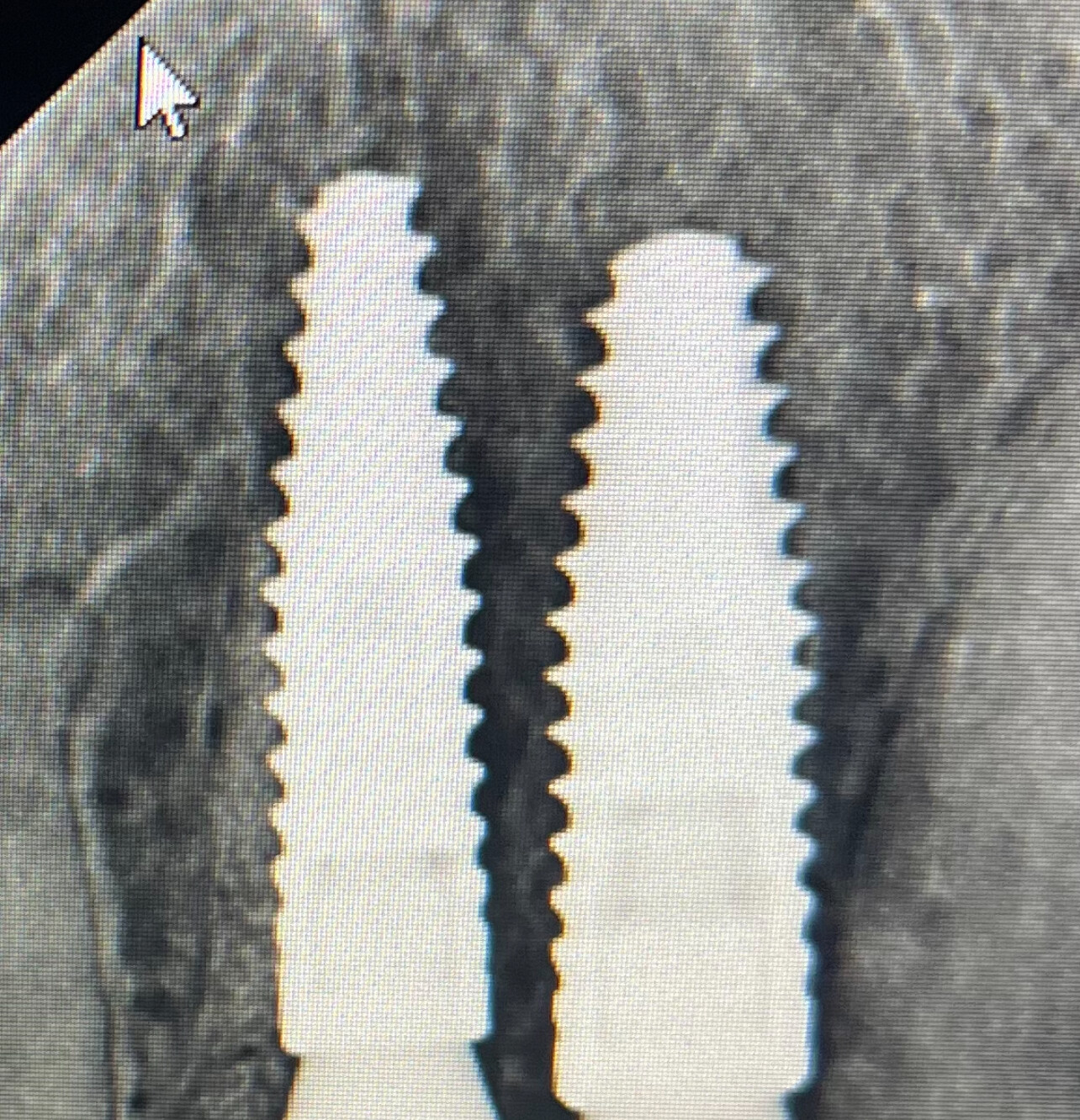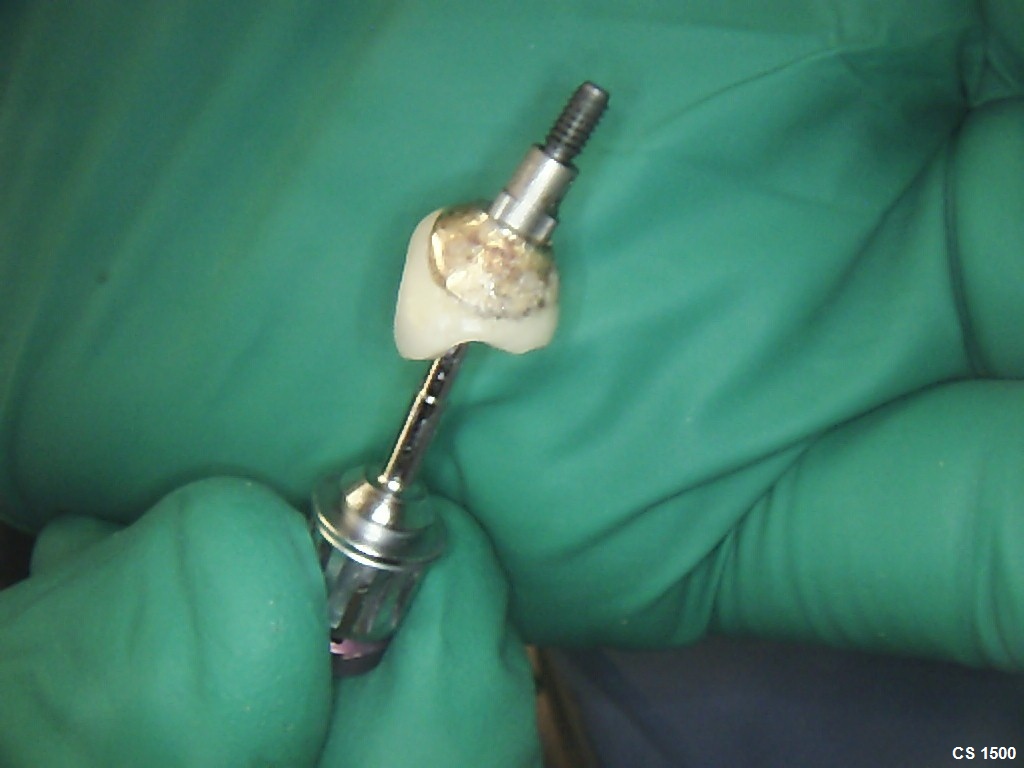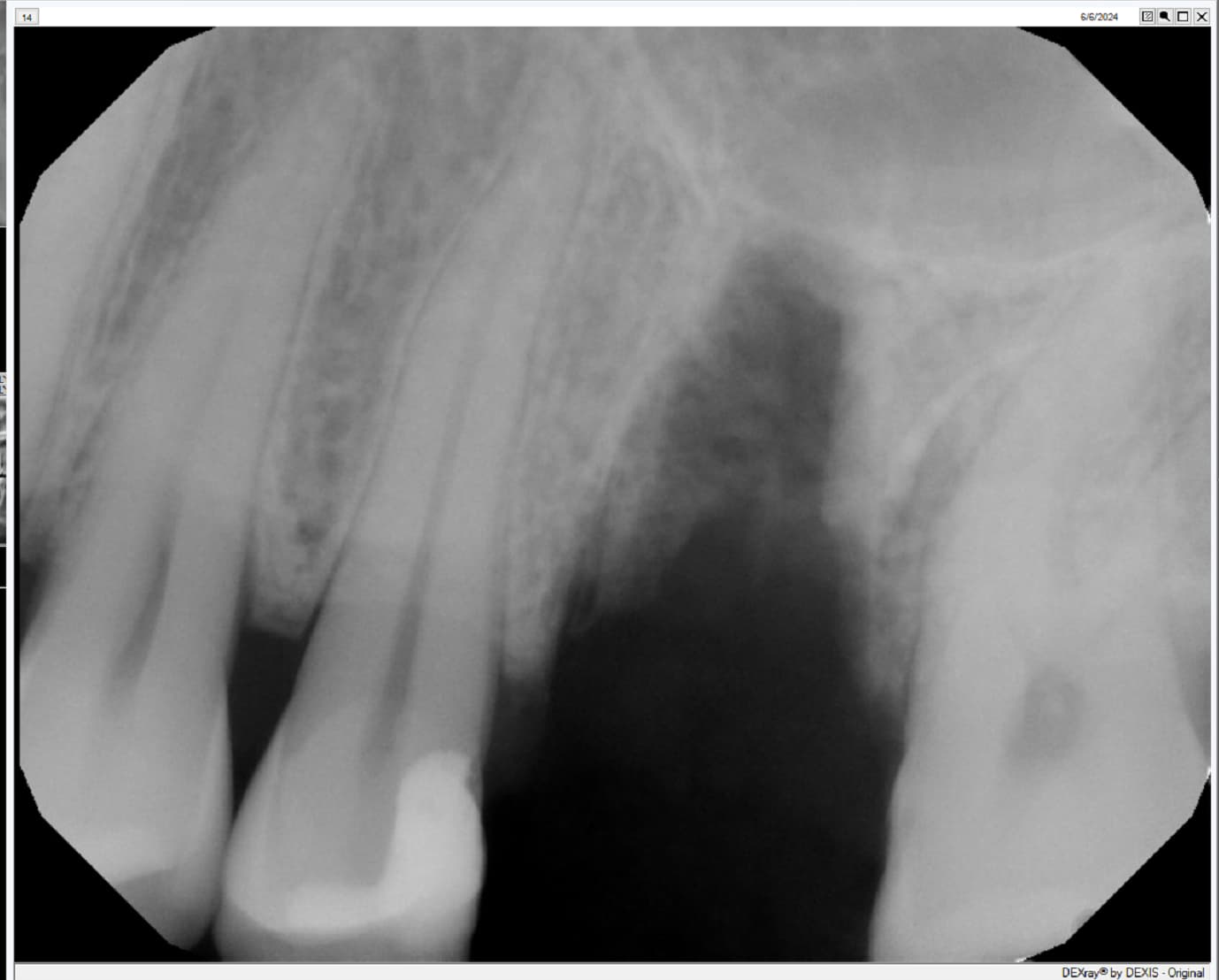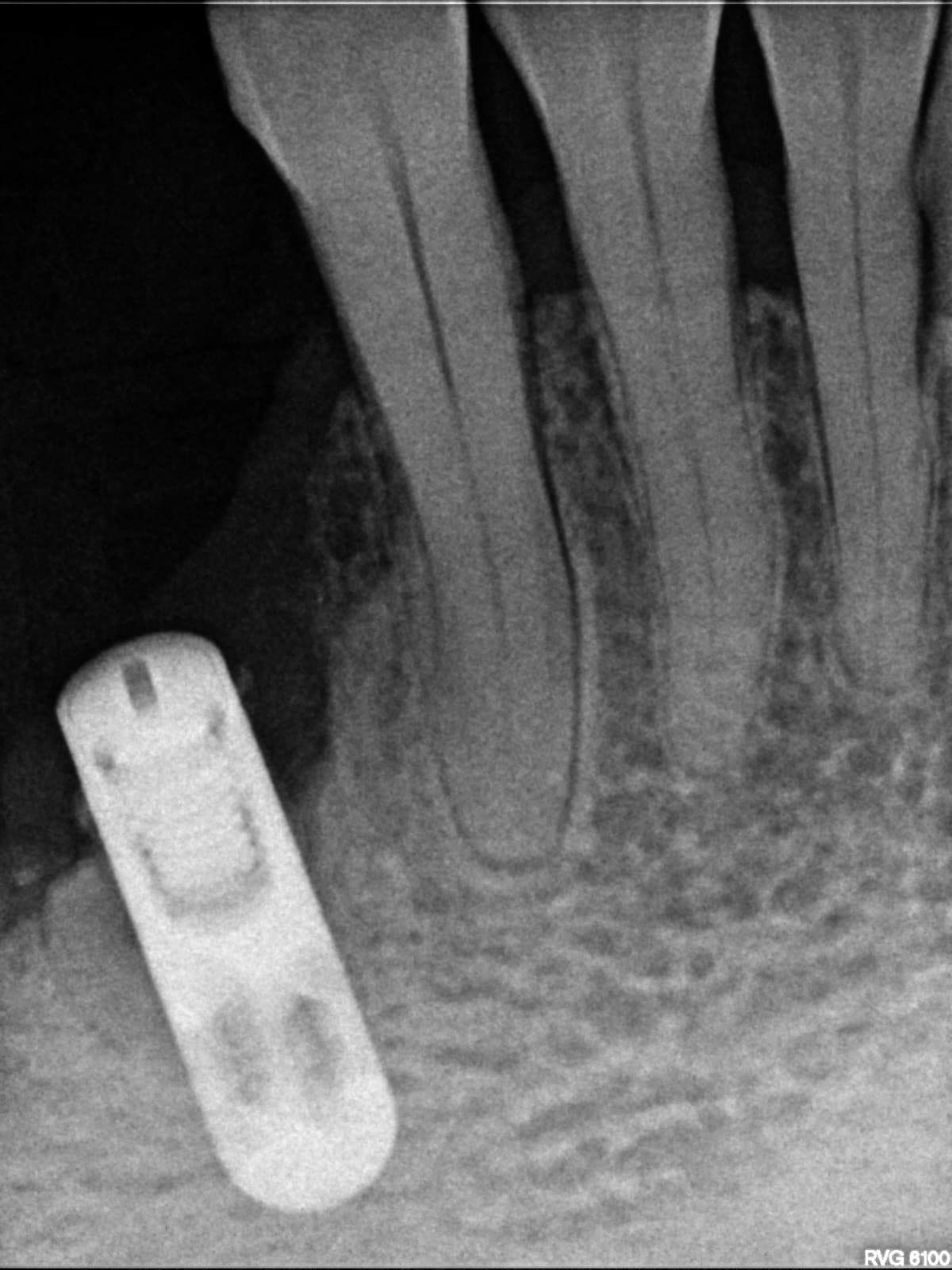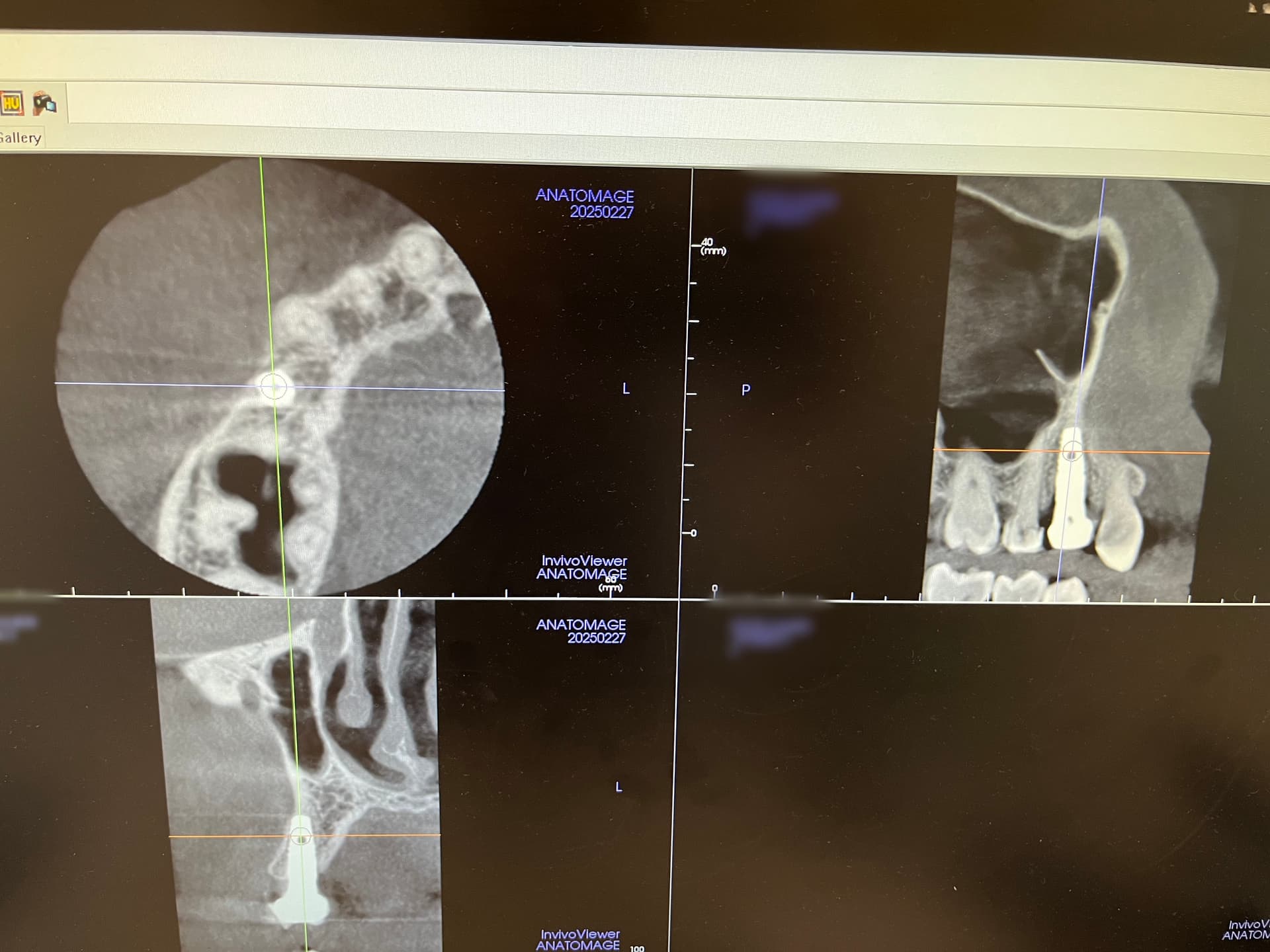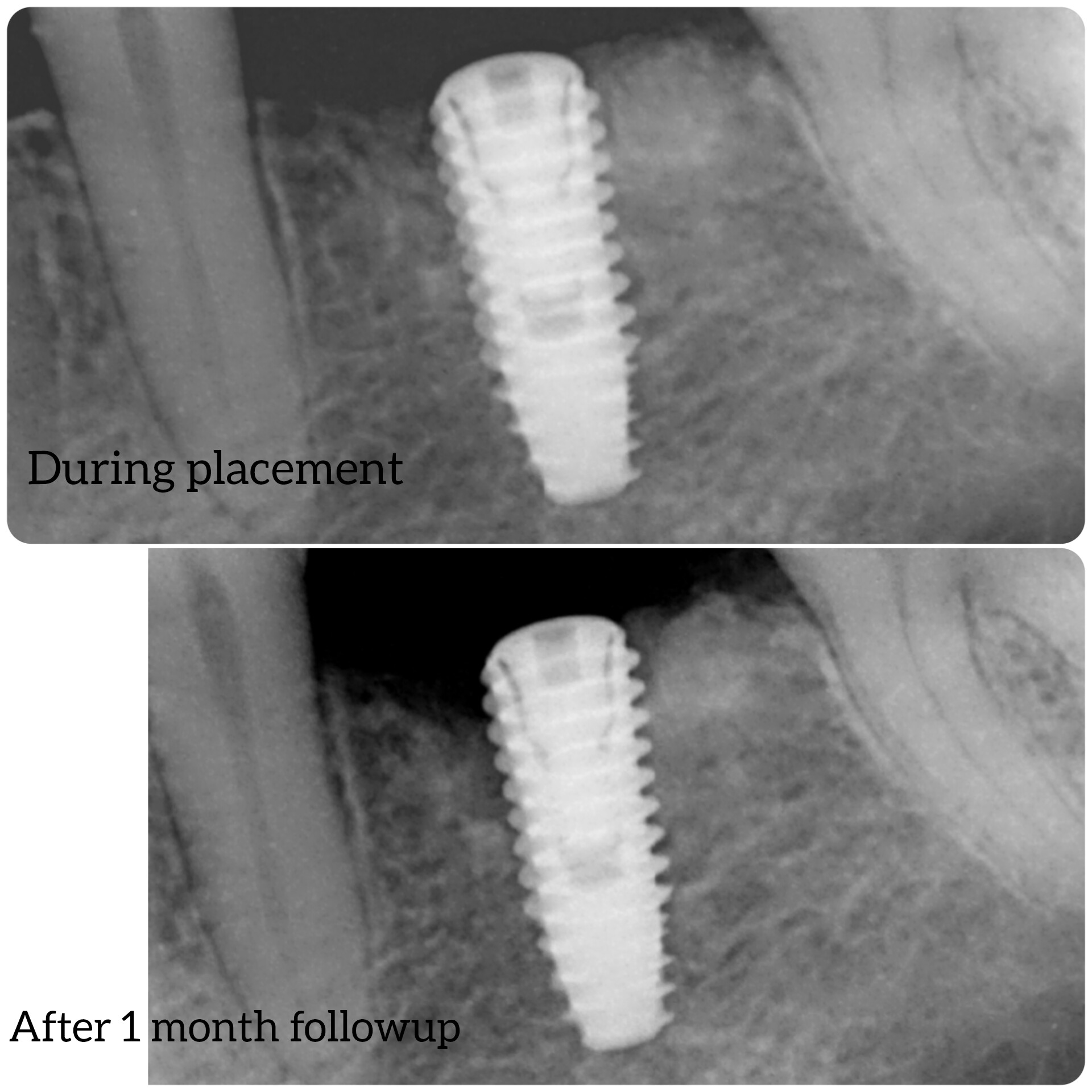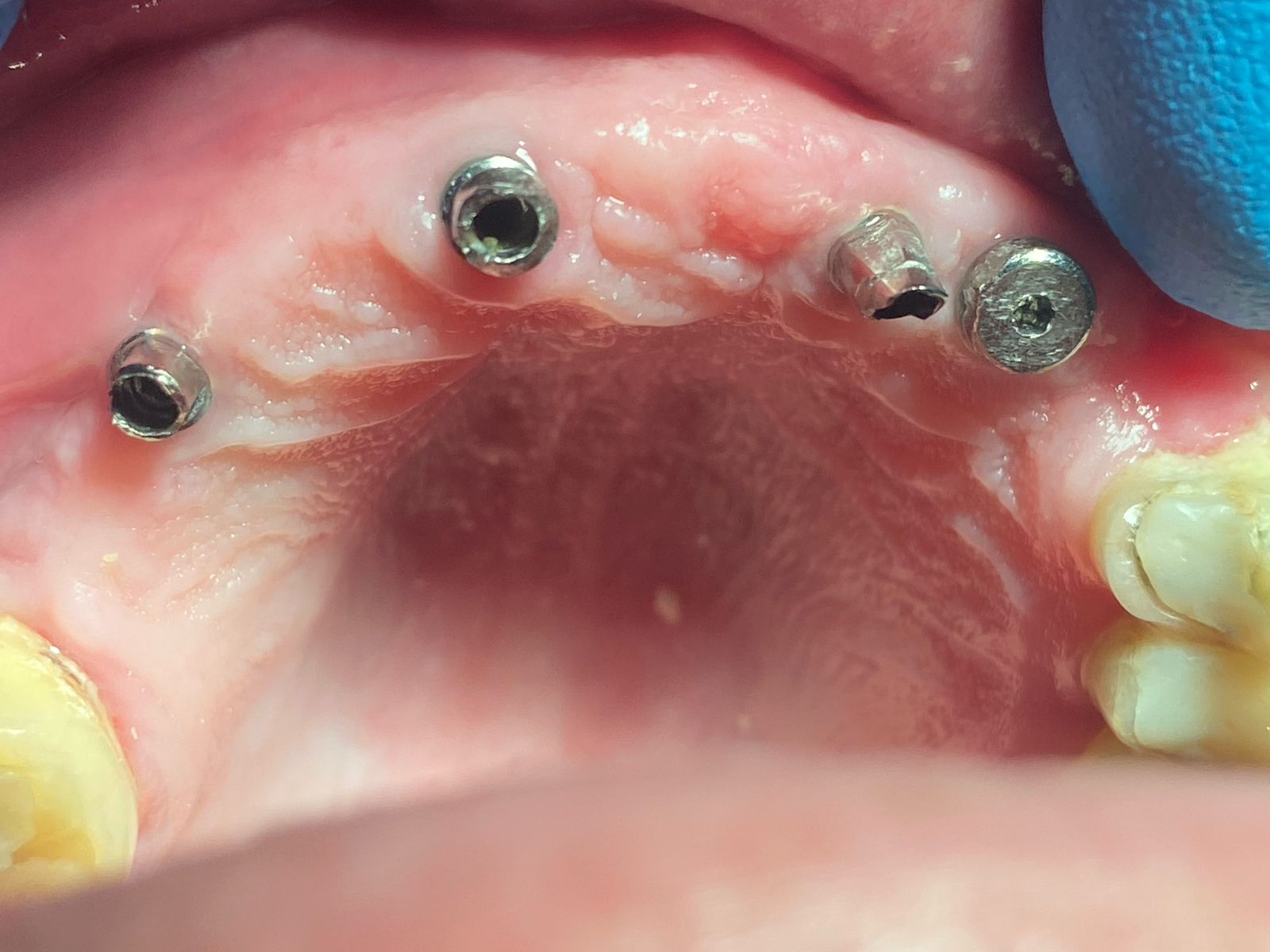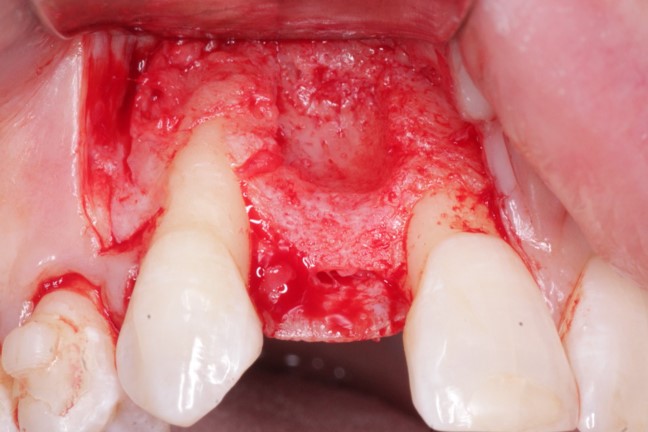Is it correct to splint implant with devitalized teeth?
I would like to get some recommendations on the advisability of splinting implants and natural teeth. One experienced implantologist advised that you devitalize the natural tooth abutment so it develops periodontal atrophy which leads to ankylosis and so the natural tooth becomes fixed in position, comparable to an implant. Is this recommendation correct? Will devitalization of a natural tooth lead to periodontal atrophy and ankylosis? Will this render the tooth relatively fixed in position?
9 Comments on Is it correct to splint implant with devitalized teeth?
New comments are currently closed for this post.
Jawdoc
4/27/2016
Not a first choice of treatment - ankylosed natural abutment or not. But if for whatever reason(s) this has to be done, do a rigid connector for the bridge (as opposed to flexible precision attachment / stress breaker designs) which ensures natural abutment isn't intruded with time; also, cement an 'under crown' abutment over the natural tooth crown preparation 1st before cementing the bridge per se over it as an 'over crown' - prevents caries in case of cement failure between tooth & bridge. Hope it helps. Overall survival rate of such FTISP (fixed tooth-implant supported prostheses) are generally 5-10% or more lower than FIISPs. Good luck if ure planning on doing one :) p.s. Would have lifted the sinus, popped in another implant & left that natural molar alone if I were the operator but diff strokes for diff folks ;) thanks for sharing!
CRS
4/29/2016
I think the difference would be the devitalized anklosed tooth is not made out of titanium alloy and it would be prone to fracture. Also we've just taken a two tooth issue and made it a three tooth problem. I am not a prostodontist but I remove many devitalized fractured teeth. I tell patients why would you consider parking your brand new Porsche next to an old beater and in this case hooking a trailer to it.
greg steiner
4/30/2016
devitalize the natural tooth abutment so it develops periodontal atrophy which leads to ankylosis.
I can't imagine that would happen on a predictable basis. It did not happen in the radiographs provided because the mineralization pattern of the bone indicates this is functioning as a cantilever. So you would devitalize a perfectly good tooth and place a bridge rather than just placing another implant? Greg Steiner Steiner Biotechnology
mwjohnson dds, ms
5/3/2016
not a very experienced or bright "implantologist" (actually, no such thing. Just a made up term for those that have taken a couple of courses and want to pretend to be a specialist. You're either an oral surgeon, periodontist, general dentist or prosthodontist). It's silly to recommend intentionally devitalizing a tooth so it will ankylose. All it will do is make it brittle. Most endodontically treated teeth don't ankylose. I have attached teeth to implants for over 20 years. Not my first choice but if unable to get another implant in then crown the natural tooth and use a semiprecision arrowhead type of attachment with the narrow end up. Then the pontic slides over the attachment so it is invisible. I screw retain or temporarily cement the implant crown. I also put a little temporary cement into the female portion of the attachment to stabilize it but still make it retreivable. This has served extremely well over the years. The natural tooth should be periodontally sound with no or minimal mobility. One molar pontic or two premolar pontics maximum.
Phil
5/3/2016
Implantologist is not a "made up term." In certain parts of Europe, I believe, it is an accepted designation.
mwjohnson dds, ms
5/3/2016
If so, let's leave it in Europe.
DrG
5/3/2016
Applause (((())))!!!!!
Phil
5/3/2016
This is getting way off topic, but the implication of your comment is quite outrageous. When it comes to implants you may actually want to consider what is done outside the US. Where do you think modern implants were actually first used? US is actually a laggard when it comes to many aspects of implant dentistry, and most of the top research in the field is still being done outside the US. I highly recommend you attend the next IDS show in Germany next year. Will pop your US exceptionalism bubble.
mwjohnson dds, ms
5/4/2016
Actually, I totally agree with you. We in the US seem to need a bunch of non essential letters after our names to prove we're "implantologists" I was expressing frustration with those that take superficial courses then advertise what"experts" they are. Europe is way ahead in technology and materials science. I'm not up on the specialties in Europe but in the US there's no such thing as an implantologist, hence my post. Nowhere in my posts do you find me disparaging my colleagues across the pond










